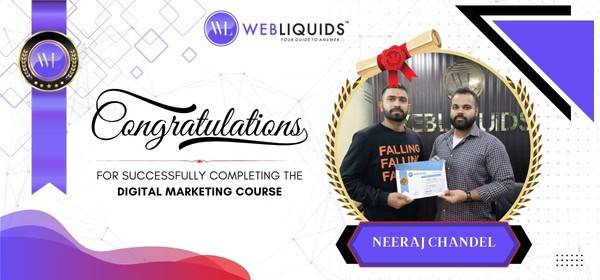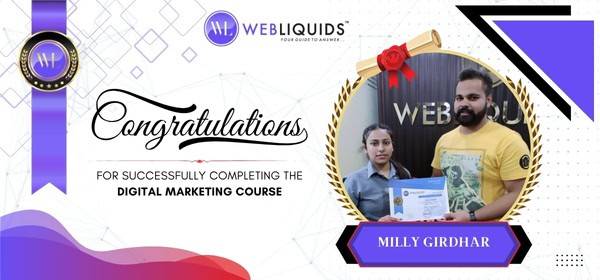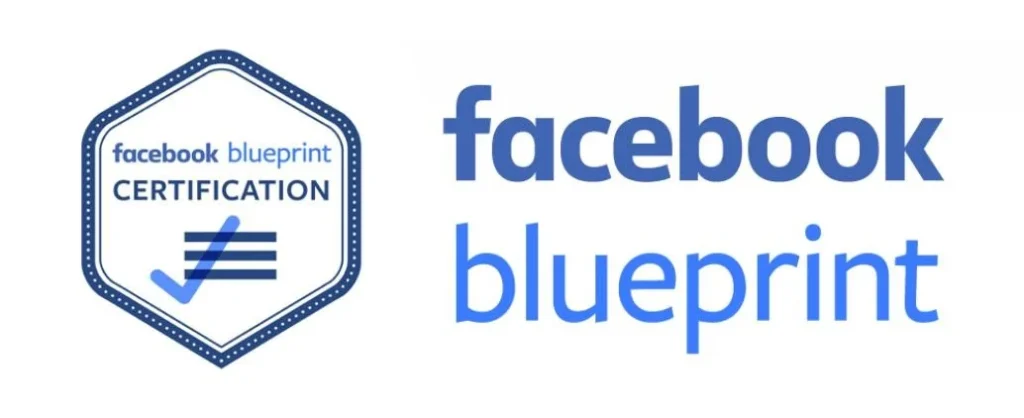Can You Still Make Money with Affiliate Marketing in 2025? The Reality Check!

Affiliate marketing has long been a popular way for individuals and businesses to generate passive income. Over the years, it has evolved into a multi-billion-dollar industry, with countless success stories of people earning six and even seven figures through affiliate partnerships. But as we step into 2025, the question arises: Is affiliate marketing still a booming opportunity, or is it becoming an overcrowded, less profitable space?
With digital marketing continuously evolving, driven by changes in search engine algorithms, AI-powered content strategies, and social media trends, affiliate marketers must stay updated to remain profitable. In this article, we’ll take a deep dive into the state of affiliate marketing in 2025, discuss the biggest trends, debunk myths, and share winning strategies to help you decide if it’s still worth investing your time and resources.
The Evolution of Affiliate Marketing
Affiliate marketing has come a long way since its inception in the late 1990s. Initially, it was a simple referral-based model where website owners earned commissions for directing traffic to merchant sites. Over the years, it evolved into a sophisticated digital marketing strategy, incorporating content marketing, SEO, paid advertising, and influencer collaborations.
Some key milestones in its evolution include:
- The rise of Amazon Associates in the early 2000s, making affiliate marketing mainstream.
- Google algorithm updates (like Panda, Penguin, and BERT) that forced affiliates to focus on quality content rather than spammy tactics.
- The emergence of social media and video marketing, opening new opportunities for affiliate marketers.
Key Trends That Shaped Affiliate Marketing in Recent Years
- AI-Powered Marketing: AI-driven content creation and optimization tools have helped affiliate marketers scale their businesses efficiently.
- Voice Search Optimization: The growth of voice assistants like Alexa and Google Assistant has changed how users search for products online.
- Short-Form Video Content: Platforms like TikTok, Instagram Reels, and YouTube Shorts have become powerful tools for affiliate promotions.
- Subscription-Based Affiliate Programs: Brands are increasingly offering recurring commission models rather than one-time payouts.
The Impact of AI and Automation on the Industry
- AI-Powered Content Creation: Tools like ChatGPT, Jasper, and Copy.ai help affiliates generate high-quality content quickly, reducing the time spent on writing.
- Automated SEO & Keyword Research: AI-driven platforms analyze search trends and suggest profitable keywords, helping affiliates optimize their content effectively.
- Chatbots and AI Assistants: These enhance user engagement and conversions by providing instant responses and personalized recommendations.
- Predictive Analytics for Marketing: AI can forecast consumer behavior, allowing affiliates to tailor their strategies for higher conversions.
- AI-Driven Personalization: Platforms use AI to deliver customized product recommendations based on user behavior, increasing affiliate sales.
- Automation in Email Marketing: AI-powered email automation tools segment audiences and send optimized messages for better engagement and ROI. AI has revolutionized affiliate marketing by automating content creation, keyword research, and performance tracking. AI-powered chatbots, predictive analytics, and data-driven recommendations have made it easier for affiliate marketers to target the right audience and increase conversion rates.
Current State of Affiliate Marketing in 2025
Market Size and Revenue Statistics
The affiliate marketing industry has continued to grow, with global spending projected to reach $15 billion in 2025. Brands are allocating more budget to performance-based marketing as it offers better ROI compared to traditional advertising.
Industries Thriving in Affiliate Marketing
While affiliate marketing works across multiple industries, certain niches are more lucrative than others. In 2025, the top-performing industries include:
- Finance & Crypto: High commission rates from credit card and investment platforms.
- Health & Wellness: Supplements, weight loss programs, and fitness equipment continue to be in high demand.
- Tech & SaaS Products: Subscription-based software and AI tools offer recurring commissions.
- E-Learning & Online Courses: The demand for digital education is at an all-time high.
New Platforms and Technologies Shaping Affiliate Marketing
- Blockchain-Based Tracking: Ensures transparency and prevents fraudulent commissions.
- Web3 and Decentralized Affiliate Networks: Allow marketers to earn without intermediaries.
- Augmented Reality (AR) Shopping: Enhances product promotions through interactive experiences.
Challenges and Misconceptions
Rising Competition and Saturation Myths
- Myth: The Market is Too Saturated
While competition has increased, new opportunities arise with emerging niches and evolving consumer behavior.
Unique value propositions, high-quality content, and strategic marketing can help affiliates stand out.
- Myth: Only Early Adopters Succeed
Success depends on execution, not timing. Many affiliates continue to scale their businesses despite entering the market recently.
- Myth: Passive Income Comes Instantly
Affiliate marketing requires time, effort, and consistency before yielding sustainable passive income.
- How to Overcome Competition
Focus on micro-niches with dedicated audiences.
Build trust through personal branding and transparency.
Leverage multiple traffic sources to reduce dependency on a single platform. Many people believe that affiliate marketing is “too saturated” to be profitable. The reality is there’s always room for new affiliates who bring unique value to their audience. Success comes down to niche selection, content quality, and marketing strategies.
The Impact of Changing Search Engine Algorithms
Search engines like Google and Bing continuously update their algorithms, making it difficult for low-quality affiliate sites to rank. To succeed in 2025, affiliates must:
- Focus on E-E-A-T (Experience, Expertise, Authoritativeness, and Trustworthiness).
- Build high-quality backlinks from authoritative sources.
- Optimize for voice search and AI-generated search results.
Common Mistakes That New Affiliates Make
- Choosing an Oversaturated Niche: Without differentiation, it’s tough to compete.
- Neglecting Email Marketing: Many affiliates rely solely on organic traffic, missing out on a powerful revenue stream.
- Failing to Diversify Traffic Sources: Relying only on Google can be risky due to algorithm updates.
What’s Working in 2025? Winning Strategies
High-Converting Traffic Sources
To succeed, affiliates should focus on:
- SEO: Long-tail keywords and topical authority strategies.
- Paid Ads: Google Ads, Facebook Ads, and native advertising.
- Social Media Marketing: Leveraging TikTok, Instagram, and Pinterest.
- Email Marketing: Building an engaged subscriber list for consistent revenue.
Best Niches to Focus on in 2025
- AI & Automation Tools
- Sustainable & Eco-Friendly Products
- Remote Work & Freelancing Resources
- Metaverse & Virtual Reality Gadgets
- Mental Health & Self-Improvement
The Role of Influencer Marketing in Affiliate Success
Influencers now play a crucial role in affiliate marketing, leveraging trust and engagement to drive conversions. Micro-influencers (5K-50K followers) often generate higher engagement and better ROI than celebrities.
Is Affiliate Marketing Still Profitable?
Key Factors That Determine Profitability
- Niche Selection: Some niches offer higher commissions and demand than others.
- Traffic Quality: The source and intent of your traffic greatly impact conversions.
- Marketing Strategies: A well-optimized strategy incorporating SEO, social media, and paid ads increases profitability.
- Monetization Methods: Combining affiliate marketing with other revenue streams (e.g., email marketing, digital products) can enhance profits.
Investment vs. ROI: How Much Effort is Needed?
Affiliate marketing requires time, patience, and investment. Expect to invest in:
- Web Hosting & SEO Tools: $200-$500/month
- Paid Ads (if applicable): $500-$2000/month
- Content Creation: Blog posts, videos, and social media content
The Future Outlook: Can Beginners Still Make Money?
Yes, beginners can still thrive IF they focus on high-quality content, choose profitable niches, and build trust with their audience. Success won’t come overnight, but with persistence and smart strategies, affiliate marketing remains a lucrative opportunity.
FAQs
1. Is affiliate marketing still worth it in 2025?
Yes, it is still profitable, but success depends on choosing the right niche, using effective strategies, and adapting to industry trends.
2. How much can a beginner earn in affiliate marketing?
Beginners can make anywhere from $100 to $1000 per month in the first year, scaling up to $10,000+ per month with experience and the right tactics.
3. What is the best traffic source for affiliate marketing in 2025?
SEO, social media (especially TikTok & YouTube), and email marketing are the top traffic sources.
4. How long does it take to see results in affiliate marketing?
It typically takes 3-6 months to start seeing consistent earnings, depending on effort and strategy.
5. Is affiliate marketing passive income?
While it can generate passive income, it requires ongoing effort in content creation, optimization, and audience engagement.
Ready to Master Digital Marketing? Sign Up Today!
Inspiring Job Placement Success Stories

Our Achievers Ready to Lead the Industry














